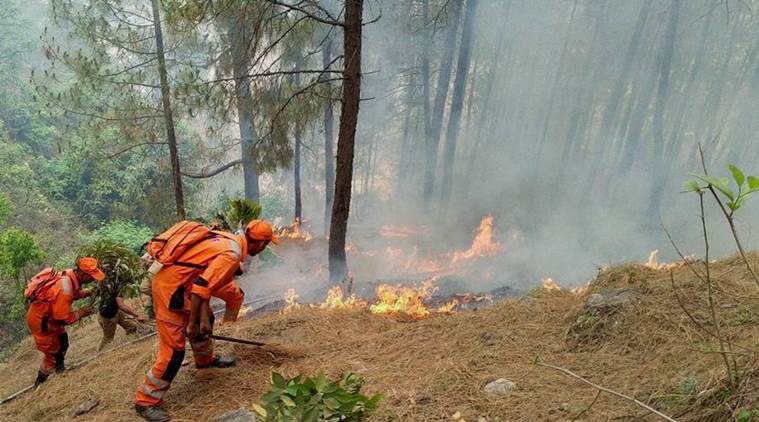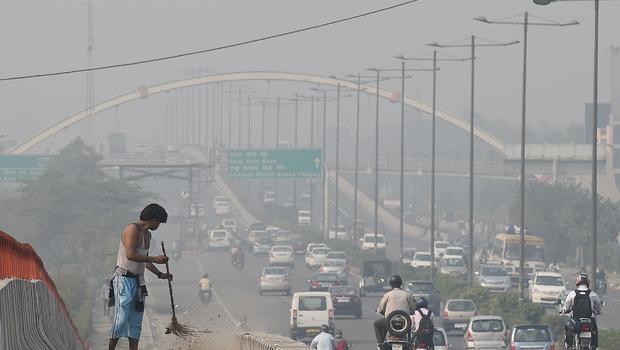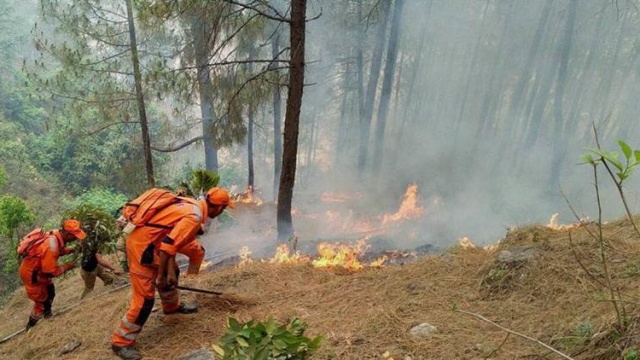
ENVIRONMENT
Developing nations face issues while attempting to build a balance between development and environmental sustainability. Social awakening and political participation could offer alternatives.
Mayank Singh is a researcher working on Global Enviormental Movement based in Colombo.
Ecological issues are of significance for any country that desires to build a balance between sustainability and development. The environment is an important resource for the growth and prosperity of any nation and when the nation negates and denies it the importance that it deserves, major issues can come forward.
The reckless utilisation of natural resources without a concern for the future generations is becoming a major crisis in many developed and developing nations. Large scale deforestation, mining, extraction of minerals and oils, excess use of natural endowments such as fossil fuels, use of fertilisers and chemicals targeting the soil fertility create great damage to the earth. Air, water and soil pollution lead to ailments and disorders in both humans and nature.
India’s developmental activities are affecting the environment to a great degree, through over-exploitation of natural resources and excess discharge of waste.

India as a nation can’t negate the environmental consequences of the rapid growth that it is experiencing. It is evident that over the last many decades, water-intensive, polluting industrial infrastructure composed of production units in the domain of leather, sugar, textiles, and paper have shifted from developed to developing countries.
The industries listed above impact the environment and lead to a great degree of pollution. These industrial infrastructures withdraw great quantities of water and discharge effluents without enabling the effluents to go through adequate treatment. Prior to the 19th century countries like the U.K. and the U.S. played a major part in textile production and export but by 2000, their dominance reduced and the share of developing countries like India and China experienced growth.
An important aspect in the transformation is the fact that there are relatively less stringent environmental policies in developing nations.
Pollution impacts ecosystems and related aspects like agriculture and animal population. Air pollution leads to climate change. Pollution leads to health and ecological issues that impact nature and humans simultaneously.
Pollution impacts the socially vulnerable and poor communities greatly as they live in open spaces and do not access portable water. When natural water sources get contaminated, the people who can afford can buy packaged water and those without the access are condemned to consume dirty water.

Pollution is created when ecological balance is not retained and development becomes unsustainable. It is paradoxical that in developing countries, water pollution has not been a political issue.
Economic growth is a significant requirement, but it does not imply that the environment has to be contaminated. To tackle pollution public awareness about consequences of polluting land, water, air has to be generated, adaptation of pollution prevention policies in the development sector, enforcement of pollution regulation schemes, eco-friendly infrastructure for production, greater use of renewable sources need to be channelized so that environment can be saved and growth can take place sustain-ably.
***













